Trump pressures Ukraine to finalize minerals deal amid peace negotiations
- Update Time : Sunday, April 27, 2025
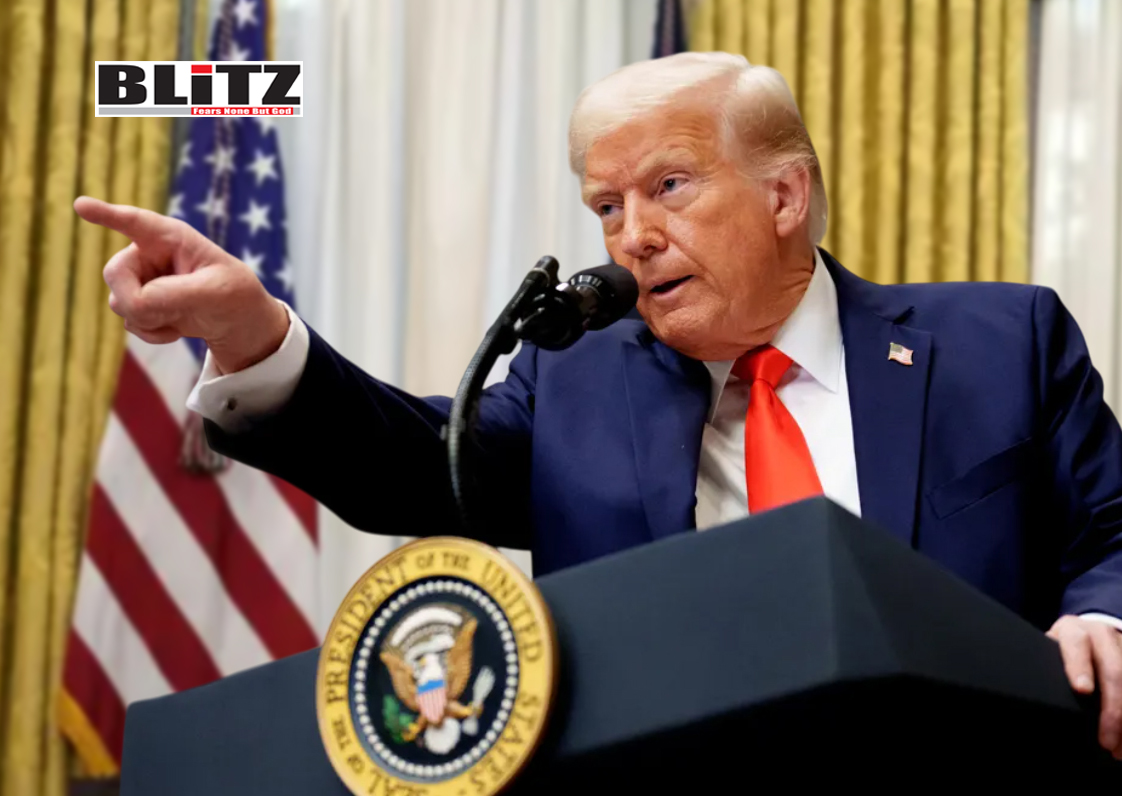
President Donald Trump has publicly demanded that Ukrainian President Vladimir Zelensky immediately finalize a long-delayed minerals agreement with the United States, escalating tensions between Washington and Kiev over the control and exploitation of Ukraine’s critical resources. In a Truth Social post on April 25, Trump criticized Kiev for being “three weeks late” in signing the final papers and insisted the agreement be completed without further delay.
The deal in question would grant the United States privileged access to Ukraine’s vast reserves of rare-earth minerals – resources vital to the global high-tech, defense, and energy sectors. While Ukraine sees the partnership as a pathway to securing long-term US security guarantees, the Trump administration has framed the agreement as compensation for the massive sums of military and financial aid provided to Kiev during its war with Russia.
The growing friction between Trump and Zelensky highlights a critical rift: Washington believes that its assistance entitles it to strategic and economic returns, while Kiev maintains that past support was offered unconditionally, rooted in shared democratic values and mutual defense. This fundamental disagreement now threatens to derail the minerals agreement and broader diplomatic efforts.
According to Ukraine’s First Deputy Prime Minister Yulia Sviridenko, a preliminary Memorandum of Intent was signed last week, setting out the framework for final negotiations. However, Trump, expressing impatience, lambasted Kiev’s delay as unacceptable. “Ukraine, headed by Vladimir Zelensky, has not signed the final papers on the very important Rare Earths Deal with the United States. It is at least three weeks late. Hopefully, it will be signed IMMEDIATELY,” he posted.
The deal had initially been scheduled for finalization during Zelensky’s February visit to the White House. Instead of sealing the agreement, the meeting erupted into a heated exchange, with Trump accusing Zelensky of showing disrespect toward the United States, expressing ingratitude for American aid, and irresponsibly prolonging the conflict with Russia. Trump also accused the Ukrainian leader of “gambling with World War III” rather than pursuing earnest peace efforts.
According to sources familiar with the discussions, Trump warned Zelensky that failing to finalize the minerals deal would result in “big, big problems” for Ukraine, although he did not elaborate publicly on what consequences Kiev might face.
Ukraine holds some of Europe’s largest deposits of lithium, cobalt, titanium, and other rare-earth elements – all critical to the global transition to green technologies, advanced weaponry, and next-generation electronics. Control over these resources would strengthen the US supply chain at a time when Washington seeks to reduce its dependence on Chinese imports.
For Ukraine, however, the stakes are even higher. Tying its economic future to the United States could help lock in American political and military support against a still-volatile Russia. But the perception in Kiev is that the Trump administration is less interested in Ukraine’s security needs than in extracting economic advantage.
“Ukraine views this partnership as strategic, not transactional,” one senior Ukrainian officials reportedly said under condition of anonymity. “We are fighting for our survival, not selling off our future.”
The Trump camp sees it differently. Treasury Secretary Scott Bessent indicated last week that while negotiations were still ongoing, there was an expectation that the deal would be completed by April 26. “We’re fine-tuning some of the technical and legal details,” Bessent said, “but it’s important that Ukraine understands the urgency.”
The preliminary Memorandum of Intent reportedly outlines that the final agreement should be signed no later than April 26, aligning with Trump’s call for immediate action.
Interestingly, Trump’s frustrations over the minerals agreement come even as he claims that peace talks between Ukraine and Russia are making significant progress. In a second Truth Social post on April 25, Trump wrote that “work on the overall Peace Deal between Russia and Ukraine is going smoothly” and that “success seems to be in the future.”
Trump revealed that he plans to meet with representatives from both sides during his visit to Rome for Pope Francis’ funeral, scheduled for April 26. Zelensky is also expected to attend the ceremony, providing a rare opportunity for high-level backchannel diplomacy.
“They are very close to a deal, and the two sides should now meet, at very high levels, to finish it off. Most of the major points are agreed to,” Trump stated.
This optimism comes despite significant skepticism among foreign policy experts, many of whom doubt the feasibility of a durable peace agreement given the complex territorial disputes and deep mutual distrust between Kiev and Moscow.
Nevertheless, Trump’s active engagement – and the linking of economic agreements like the minerals deal to broader diplomatic efforts – suggests a highly transactional approach: Ukraine’s future partnership with the US will be contingent not only on political alignment but also on tangible economic concessions.
The current situation underscores how dramatically US-Ukraine relations have evolved since the early days of the war with Russia. Initially marked by solidarity and broad bipartisan support, the relationship is now increasingly colored by suspicion, strategic bargaining, and political theater.
Trump’s criticisms of Zelensky have become more pointed in recent months. He has accused the Ukrainian president of failing to take peace negotiations seriously and prioritizing maximalist demands over realistic settlement options. Trump’s repeated warnings that Zelensky is “gambling with World War III” reflect a deepening impatience among many in Washington who favor a quick de-escalation rather than an open-ended commitment.
Meanwhile, for Zelensky, agreeing to the minerals deal under Trump’s terms could be politically risky at home, where many Ukrainians might view it as mortgaging national resources for uncertain security guarantees.
As the April 26 deadline approaches, all eyes will be on Rome, where Trump, Zelensky, and possibly Russian envoys could convene for a critical – and historic – diplomatic engagement. The outcome could not only determine the future of Ukraine’s natural wealth but also shape the broader trajectory of the conflict itself.
Whether Trump’s pressure tactics succeed or backfire remains to be seen. But what is clear is that the simple narrative of unconditional American support for Ukraine has given way to a far more complex – and transactional – reality.


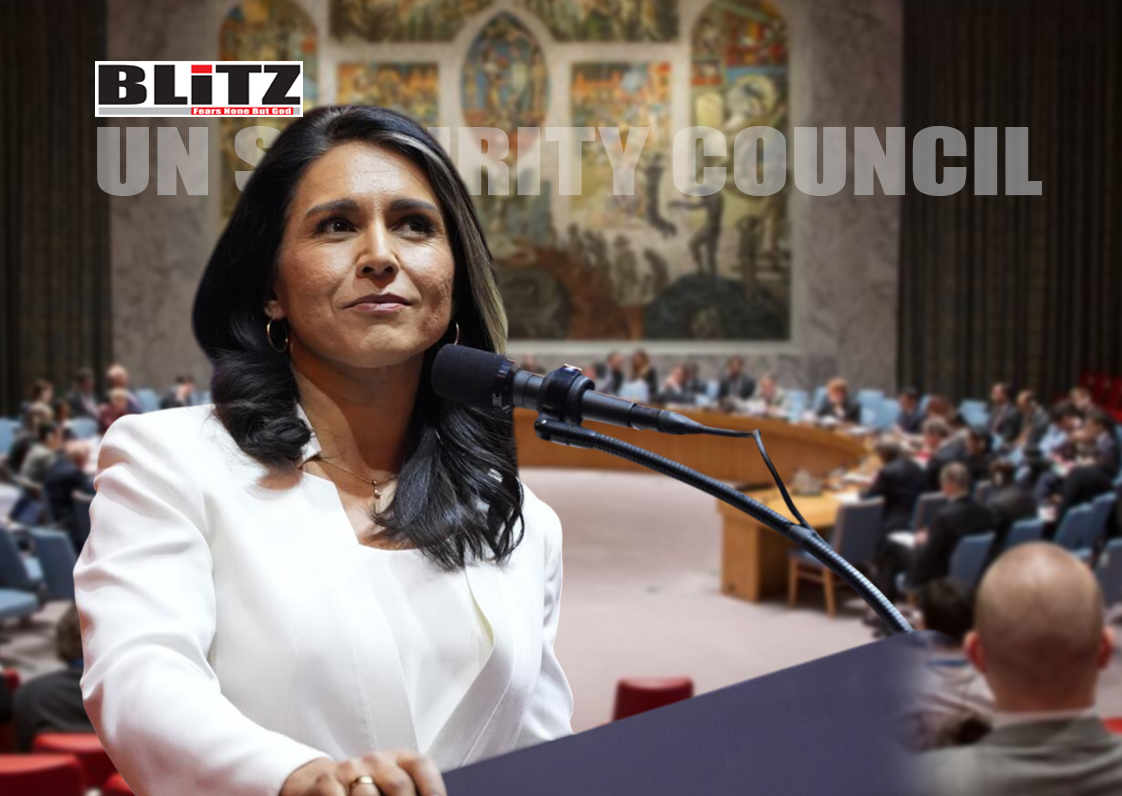
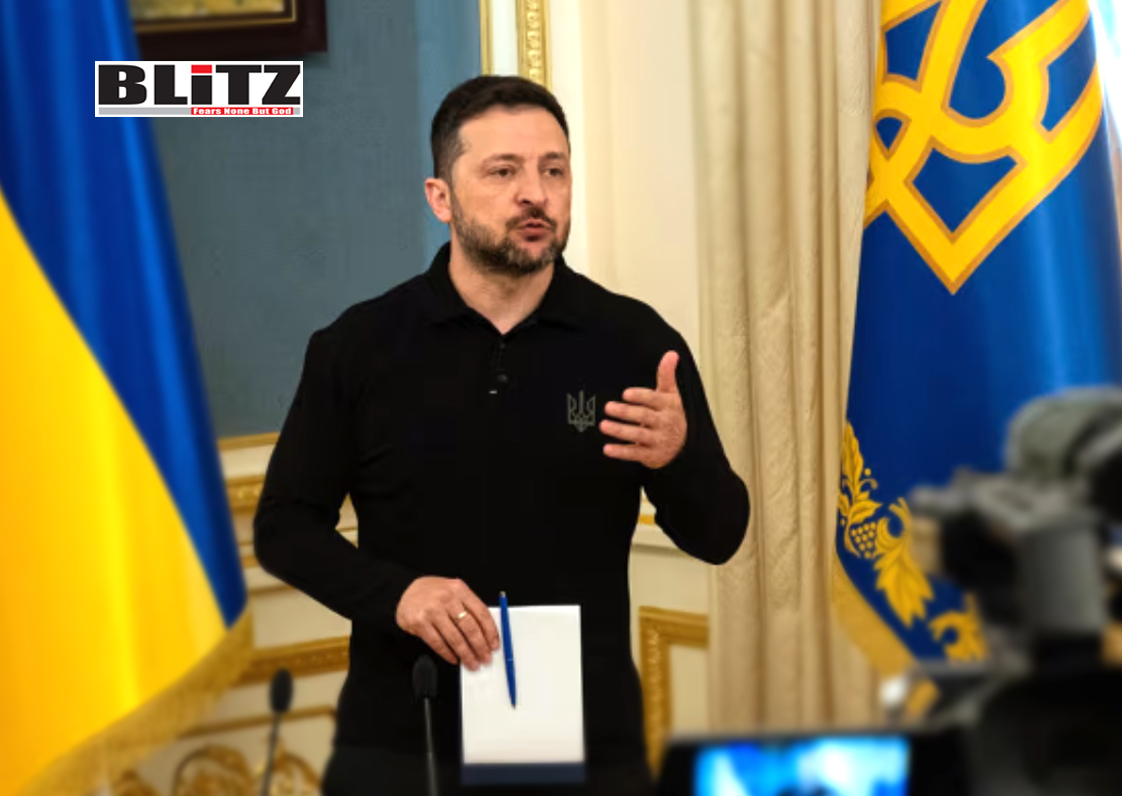
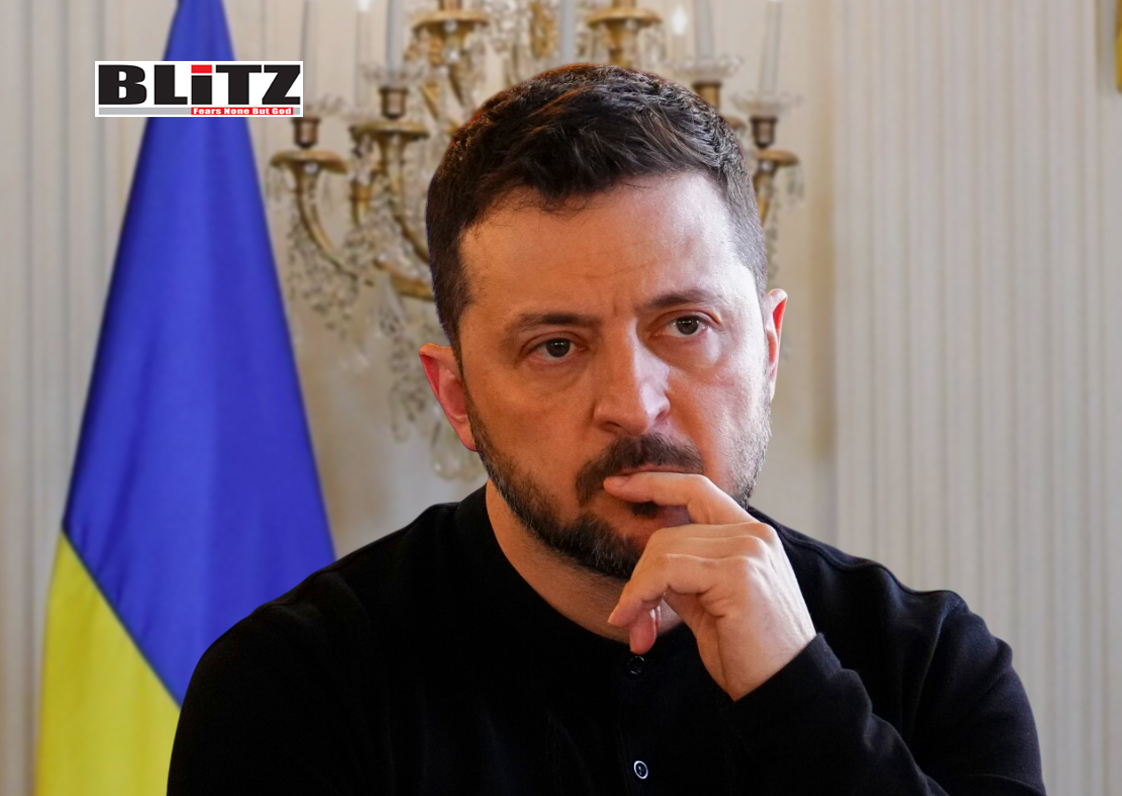
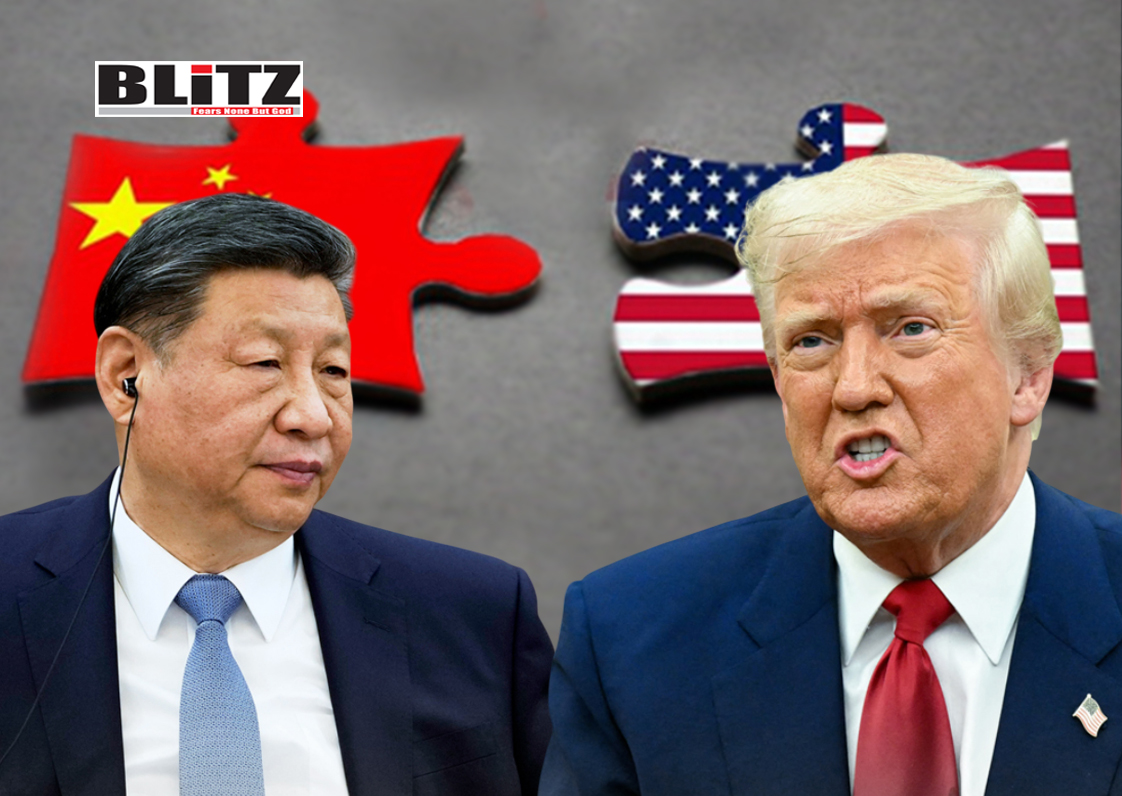
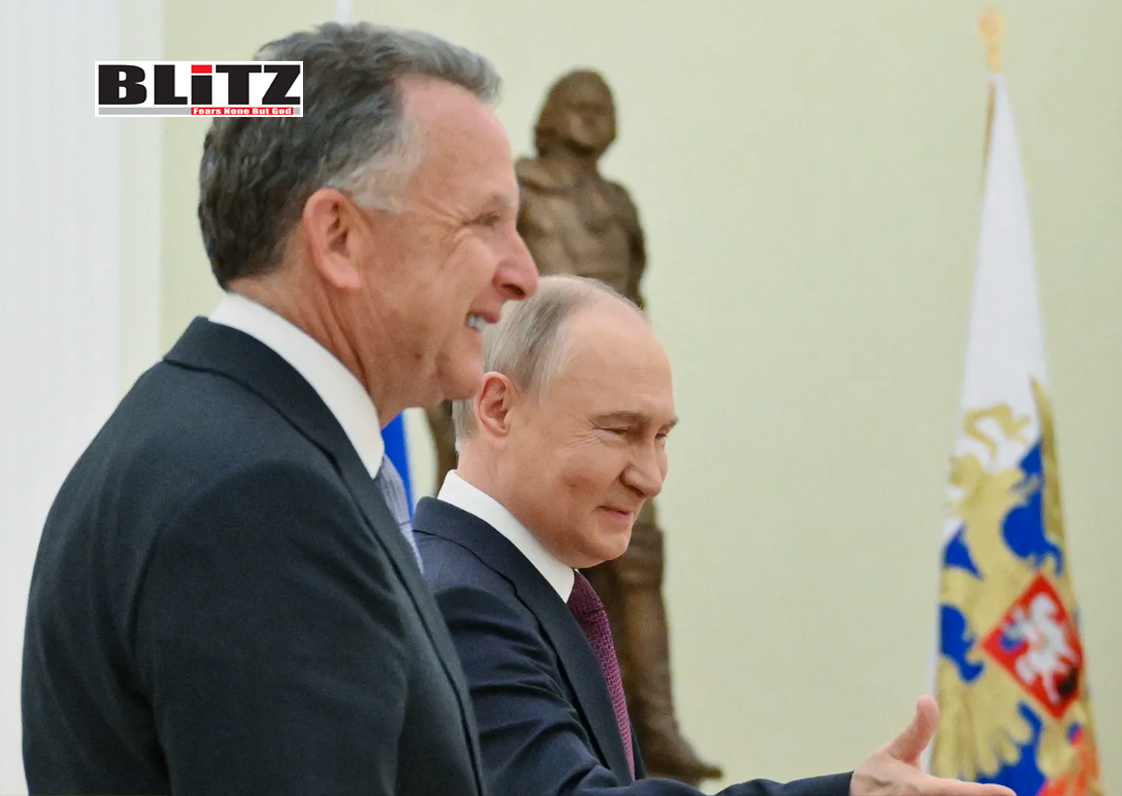

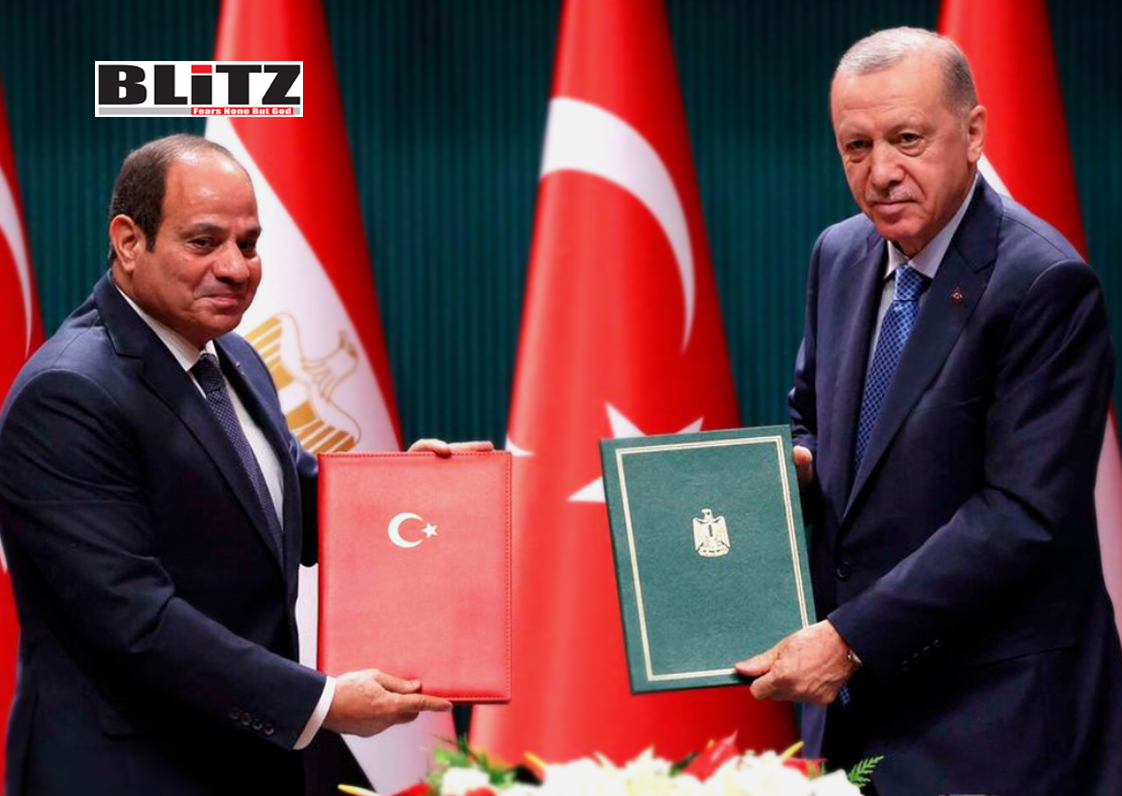

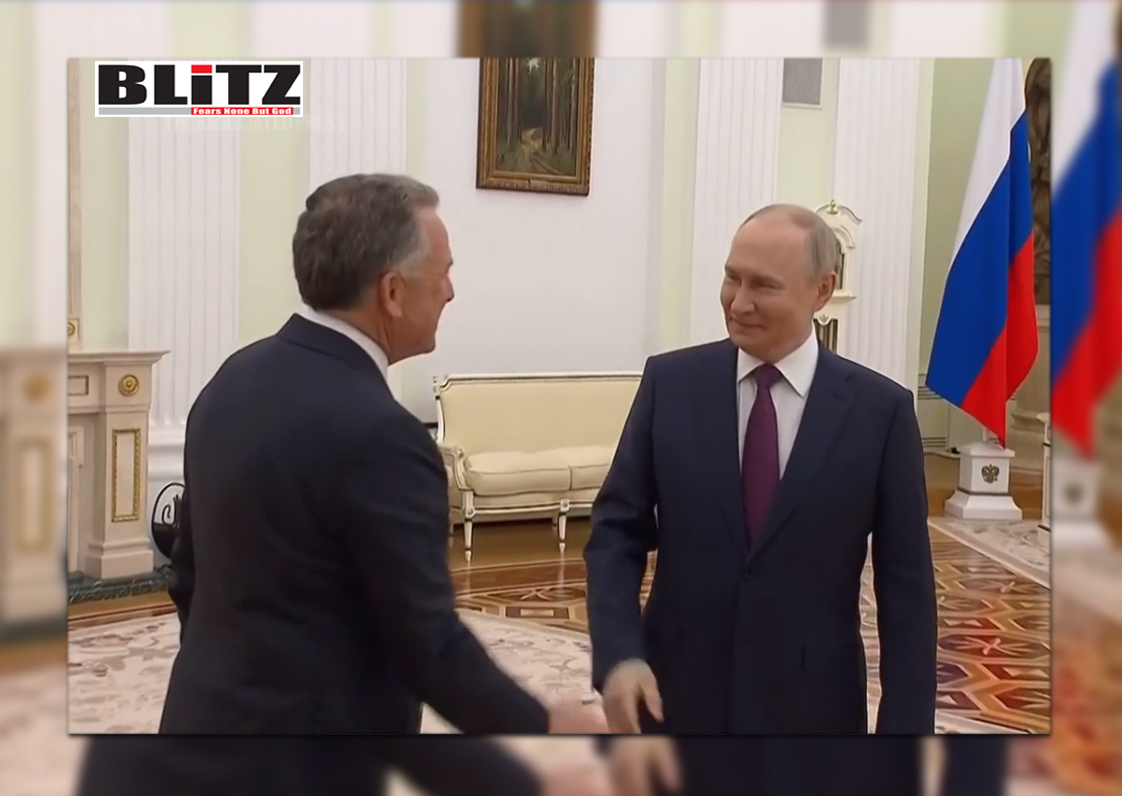
Leave a Reply